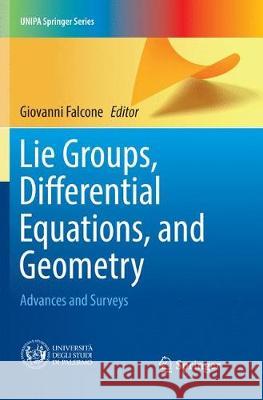Lie Groups, Differential Equations, and Geometry: Advances and Surveys » książka
topmenu
Lie Groups, Differential Equations, and Geometry: Advances and Surveys
ISBN-13: 9783319872490 / Angielski / Miękka / 2018 / 361 str.
Kategorie:
Kategorie BISAC:
Wydawca:
Springer
Seria wydawnicza:
Język:
Angielski
ISBN-13:
9783319872490
Rok wydania:
2018
Wydanie:
Softcover Repri
Ilość stron:
361
Oprawa:
Miękka
Wolumenów:
01











